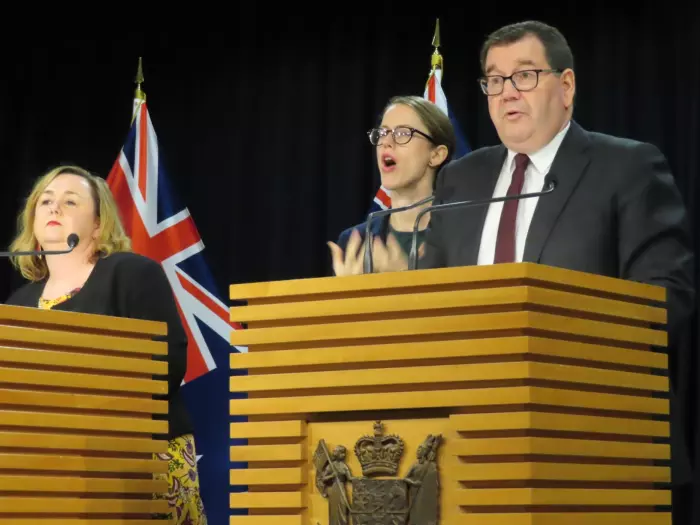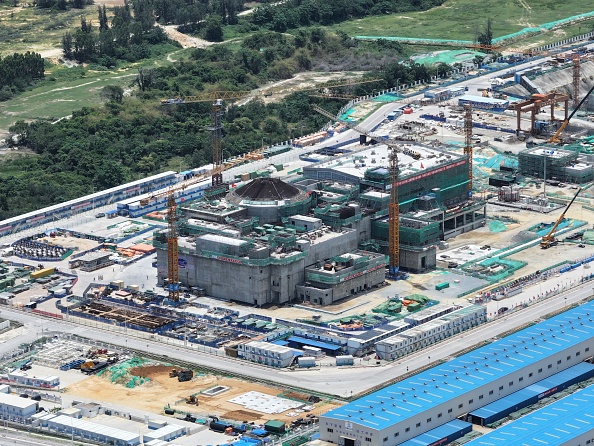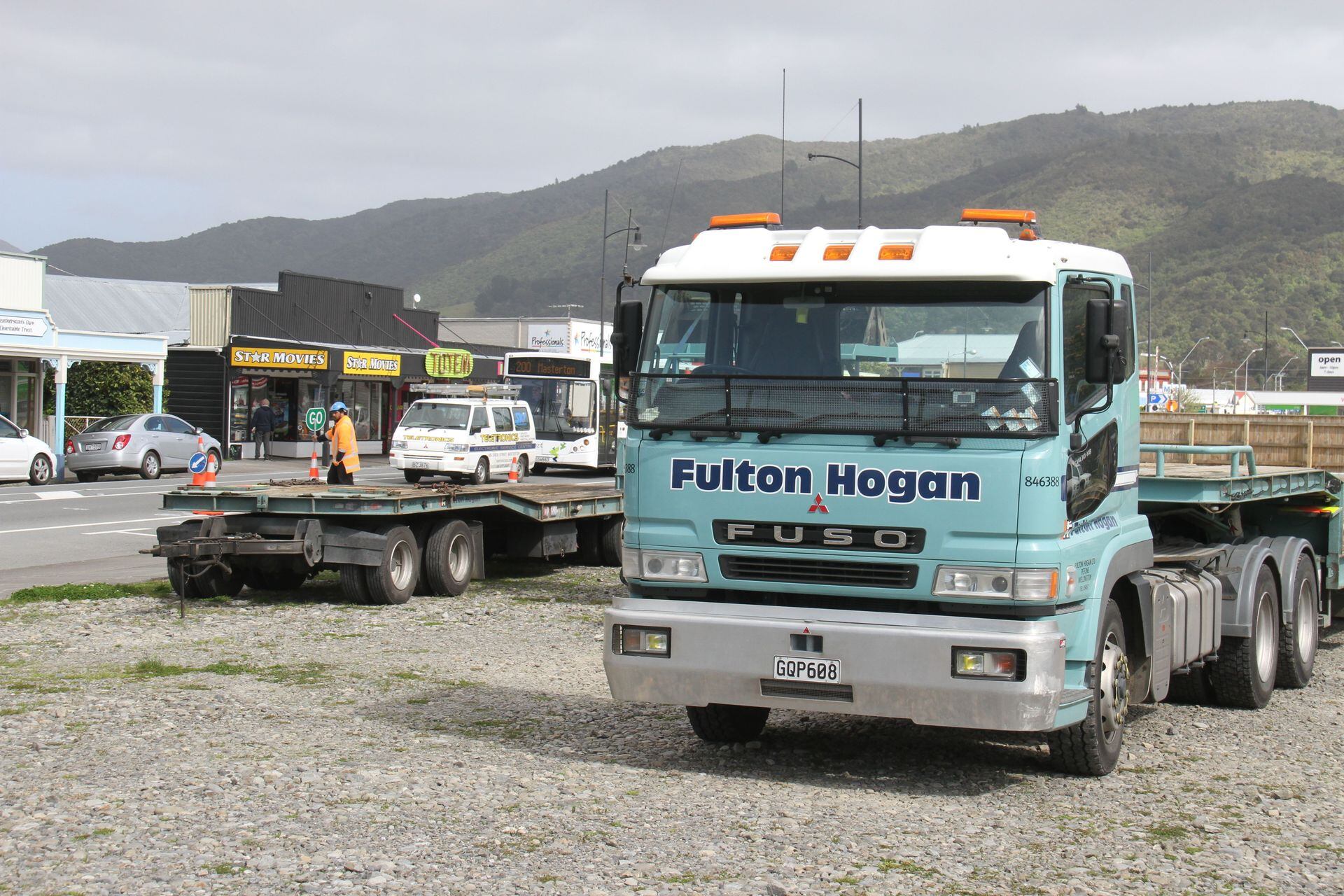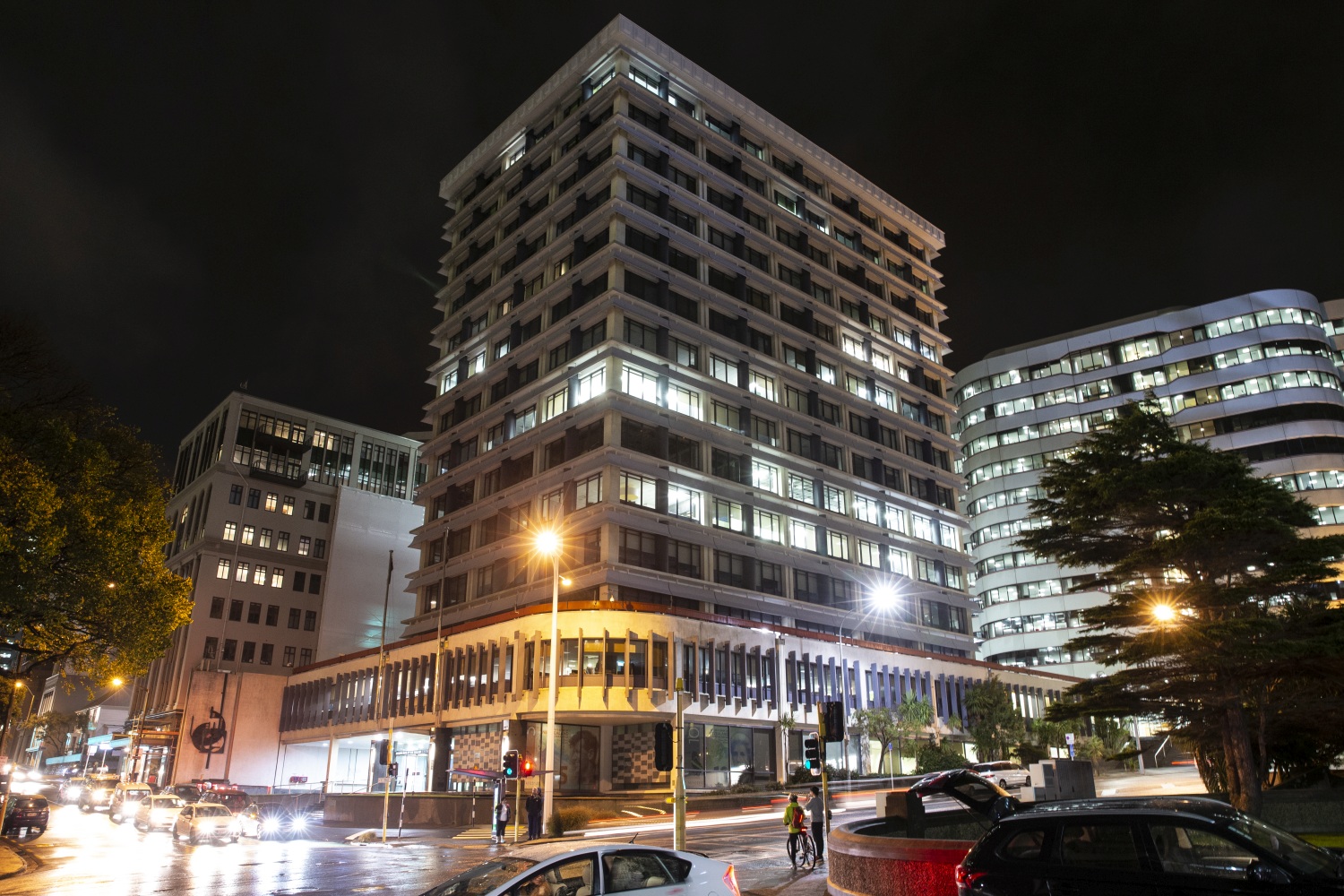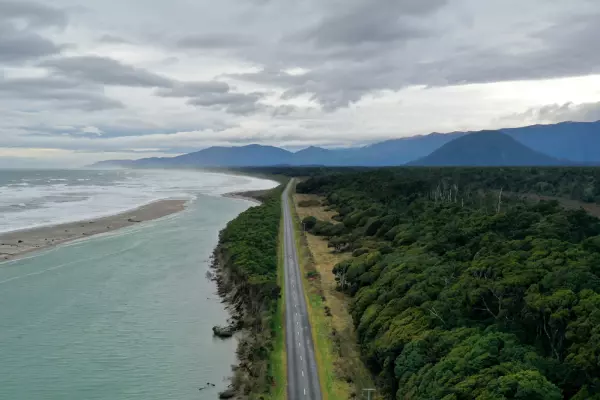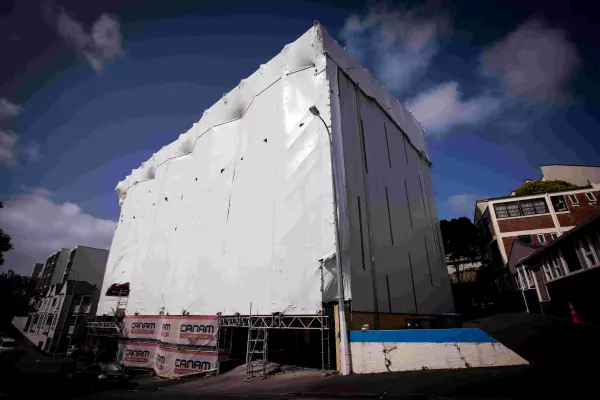The government has slammed shut the tiny window of opportunity that might have existed to keep the Tiwai Point aluminium smelter open.
In a joint statement, the Finance and Energy Ministers, Grant Robertson and Megan Woods, expressed no surprise, said the smelter had been "subsidised by the taxpayer" ever since it opened in 1970, and that it had refused "generous" new electricity contracts.
Woods said she expected power prices would be lower once the consumer of 14 percent of all electricity produced in New Zealand became available for other uses and looked on the decision as an opportunity to help decarbonise other parts the NZ economy.
The statement belaboured majority owner Rio Tinto's status as a "multi-national mining company", tried to blame former Finance Minister Bill English for statements in 2013, and said the decision to close had been "long-signalled."
“There is a degree of inevitability to the decision, as Tiwai has been on the market since 2011, and after former Prime Minister Bill English told Rio Tinto in 2013 there would be no further taxpayer money provided."
Blow to Southland
“Nevertheless the final decision is a blow to Southland and all those who work at the smelter,” Robertson said in a statement issued hours after the announcement from NZ Aluminium Smelters early this morning. It appears ministers did not receive the kind of customary pre-briefing on such a major economic blow, suggesting that relations between government ministers and NZAS had broken down.
“The smelter supports hundreds of jobs in Southland and the government will work with the local community to support economic development in the region to help offset this loss," said Robertson.
Citing the government's commitment to a "just transition" to a low-carbon economy and its approach to job losses in the oil and gas industry in Taranaki because of its ban on offshore exploration, the ministers said support would seek to build on the region's strengths "such as agriculture, aquaculture and manufacturing."
"There is also an opportunity to support other energy intensive projects like green hydrogen and data centres."
The Green Party has yet to issue a reaction, but has long supported the smelter's closure and is likely to capitalise on today's announcement when it unveils its energy policy in Wellington on Sunday. Greenpeace welcomed the decision, saying it immediately made a range of low-carbon projects 'shovel-ready'.
Opposition reaction
ACT party leader David Seymour slammed the outcome, saying it signalled "the end of heavy industry under the Ardern government."
National's regional development minister Judith Collins said it was deeply disappointing the government had effectively “done nothing” to protect the loss of up to 2,600 direct and indirect jobs in a region that could scarcely afford it.
“The government has been warned, has known this was coming for some time and we would have expected them to have had a plan in place, whether that be upgrading the Cook Strait cable or how to create the number of jobs that are now under threat.”
“The coalition government has been throwing a lot of money around into the regions but this hasn’t been strategic and there has been a resistance to offshore investment, so we – and the rest of Southland – would like to see details of what will happen now.”
Robertson and Woods said that "since the smelter opened taxpayers have been subsidising Rio Tinto to keep it open, either directly or indirectly through cheaper power, and emissions trading scheme allocations of over $48 million per year."
"The company has made the decision not to keep operating without further subsidies" and regretted that Rio Tinto had chosen to stop making 'green' aluminium at Tiwai Point from hydro-electric power and was effectively keeping coal-powered stations running to produce aluminium in other countries.
“Given the challenging economic situation caused by covid-19 it is disappointing Rio Tinto has chosen to close the smelter at this time especially given the support New Zealand has shown the company and how profitable they are globally,” Robertson said.
Woods said she expected that, with 14 percent of all electricity generated in NZ freed up, “Rio Tinto’s decision not to extend their generous power contract with Meridian will flow through to the rest of the market" and would "relieve some pressure to build new generation."
She expected "increased supply will also have a positive impact on prices."
"I also want to make clear that the government expects Rio Tinto to meet their obligations for clean-up of the site - an estimated $256 million," she said, "and do the right thing on the dross" that leaked from a flooded storage facility in Mataura during recent flooding.
Regional Development Minister Shane Jones said the announcement was a "massive bolt of bad news" for smelter workers, their families and the businesses that service the smelter.
It also came at time when the country's only oil refinery, at Marsden Point, was facing the possibility of closure.
"For the last couple of years, I've had a nagging fear that we wikll see a downgrading of heavy industry in the deep south and the far north. Today's announcements are a confirmation of that."
Longer term, the electricity freed up from the smelter would create other economic opportunities in NZ, but that was "cold comfort" for those directly affected, Jones said.


